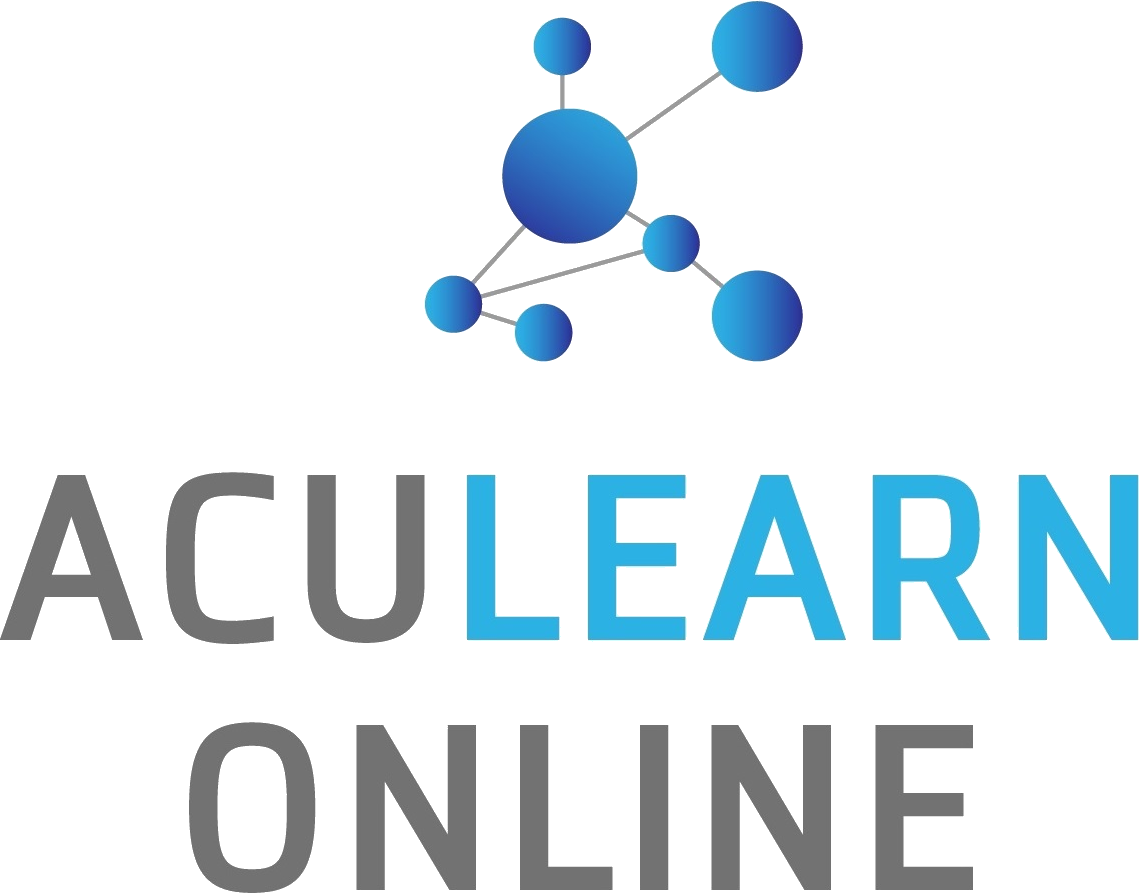Secondary Maths can be a huge jump from the primary school syllabus. For one, students are required to learn a wider range of topics and they are also introduced to the three sciences – Biology, Chemistry and Physics – all of whichrequire some level of proficiency in Maths.
Lower secondary students are still studying Maths under one subject, but in upper secondary, Maths is split into Elementary and Additional. While it is compulsory for most students to take Elementary Maths, not all will take Additional Maths, usually depending on their stream and past Maths results. However, Additional Maths is a requirement for many JC paths and future careers, and missing out on it will put a student at a disadvantage. Additionally, some topics in Additional Maths overlap with Elementary Maths, reducing the total content for each syllabus.
Contrary to what it may sound like, Additional Maths is not necessarily more demanding than Elementary Maths. In fact, from some anecdotal experiences, students may actually find Additional Maths concepts easier to grasp than Elementary Maths – although this is typically up to each individual student. It is not possible to take Additional Maths without taking Elementary Maths as well.
Higher-level JC Maths includes H1, H2 and H3 Maths, where H1 is similar to an elective in secondary school, H2 is a full subject and H3 goes further in depth. To take H2 and H3 Maths in JC, students will typically be required to score a certain grade in Additional Maths in secondary school.
Some students who have been struggling with Maths may choose to opt for the Elementary level subject, as well as drop any Sciences that require knowledge of advanced Maths concepts. However, this is definitely a decision that needs to be considered carefully before dropping any subjects as it can have adverse impacts on one’s future career options.
Is Higher-level Maths Required for Careers?
Secondary and JC Maths are not necessary requirements for every career path. However, Secondary Maths is required to advance to JC Maths, and JC Maths is a huge advantagein university courses related to Science, Technology, Engineering and Mathematics (STEM) areas.
Even for those who do not go through the JC track, Additional Maths proves to be a fundamental for many University courses that involve Math of some sort. While not strictly a requirement for admittance into every STEM-related course, it is definitely useful to have built up some basic knowledge of higher-level Maths concepts when pursuing further education.
Past university education, Maths and its related problem-solving skills are useful in many industry jobs, from the technology sector to research and even entertainment. In Singapore, these are also the jobs that typically command a high salary and reputation. Furthermore, being proficient in Maths and problem solving helps to boost one’s mental aptitude and flexibility. They may be better able to adapt to different work environments, challenging scenarios and new tasks. Although it is true that people have excelled in many career fields without a knowledge of higher-level Maths, it is one of the things that will hardly ever hurt one’s resume when it comes to job hunting.
The Advantage of Scoring in Secondary and JC Maths
In addition to being a sought-after skill in later education and the job industry, Maths is also known for being one of the easiest subjects to score in. It is one of the few subjects where there is one correct answer, without subjectivity, and that students can score full marks in. As long as a student has a full understanding of the topics examined, they should have no problem scoring the top grade in any paper.
This is especially important in our scoring system. With the way that the ‘O’ and ‘A’ level points are calculated, Maths – regardless of level – is almost always one of the key subjects counted in a student’s final points. Imagine how wasted an opportunity would be if a student could not make the cut for their desired JC simply because their highest Maths score was a C6. Maths is a subject where it is possible to achieve the highest point possible, and every student looking to clinch a spot in their desired institution should be working towards this goal.
In Secondary and JC Maths, knowledge of the material is the best way to go about scoring as high as possible, but knowing the best way to answer the paper is a close second. This often comes with hours of practice each week and is often referred to as “studying smart”. With the exception of a rare few, it is expected that most students wanting to do well in JC or Secondary Maths will have to put in more than the required effort to maintain a good score across all their Maths papers.
Fortunately, no student has to walk this road alone. We understand that higher-level Maths can be off-putting to many students, especially if they have not been doing well in their Maths subjects – not to mention that many of today’s well-paying jobs tend to be gated behind a solid Maths foundation. That is why we have formulated our special enrichment courses designed to boost a student’s Maths capacity and capability to score well in any examination.




